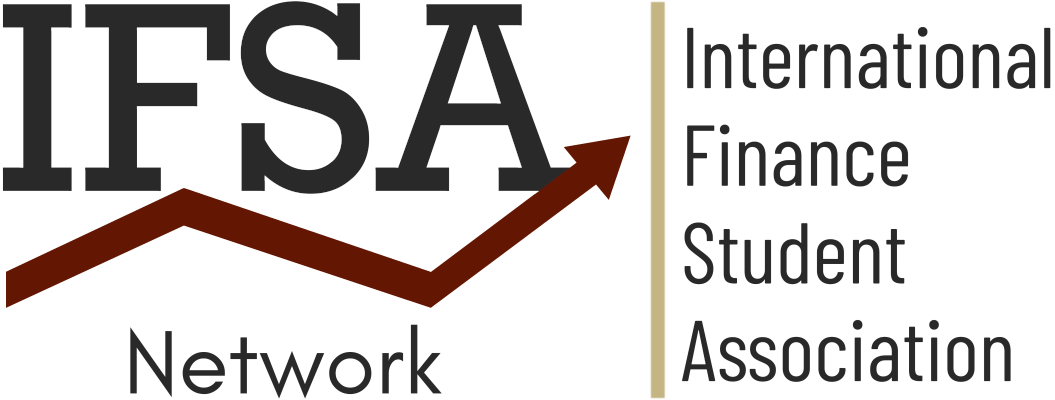IFSA Network
Supervisory Board
Current Board Members
The Role of the Supervisory Board
The Supervisory Board serves as the governing body that provides oversight, guidance, and accountability for the International Finance Student Association (IFSA) Network. Its primary role is to ensure that the organization stays true to its mission, vision, and guiding values—leadership, professionalism, excellence, networking, and diversity. The board works closely with the operational team to set strategic objectives, make significant financial decisions, and review overall performance.
In a rapidly evolving finance industry, the Supervisory Board plays a crucial role in providing a strong, stable backbone for the network, aligning the organization’s efforts to train and empower the next generation of financial leaders.
Key Tasks and Responsibilities
- Strategic Planning: The board collaborates with senior management to develop and approve the long-term strategy of the IFSA Network, ensuring alignment with its mission and objectives.
- Financial Oversight: The board reviews and approves budgets, financial reports, and major expenditures. It also ensures compliance with financial regulations and ethics.
- Governance: The board is responsible for upholding good governance practices, such as board member recruitment, orientation, and training.
- Performance Monitoring: Regular review of the Network’s activities, financials, and outcomes, to assess whether the organization is meeting its goals.
- Risk Management: Identify, evaluate, and manage risks that could affect the organization, ensuring that appropriate measures are in place to mitigate these risks.
- Advisory Role: The board lends its expertise in the finance industry to advise the operational team on various initiatives, including events, partnerships, and educational programs.
- Networking: Leverage professional connections to help the organization build partnerships, secure funding, or access resources.
- Compliance and Ethics: Ensures that the organization operates within the bounds of the law and adheres to high ethical standards.
- Community Engagement: Engage with both the student and alumni community to solicit feedback and maintain a two-way channel of communication.
- Transparency and Accountability: The board maintains transparency in its operations and is accountable to the stakeholders, including members, alumni, and partners, for the organization’s performance and integrity.





